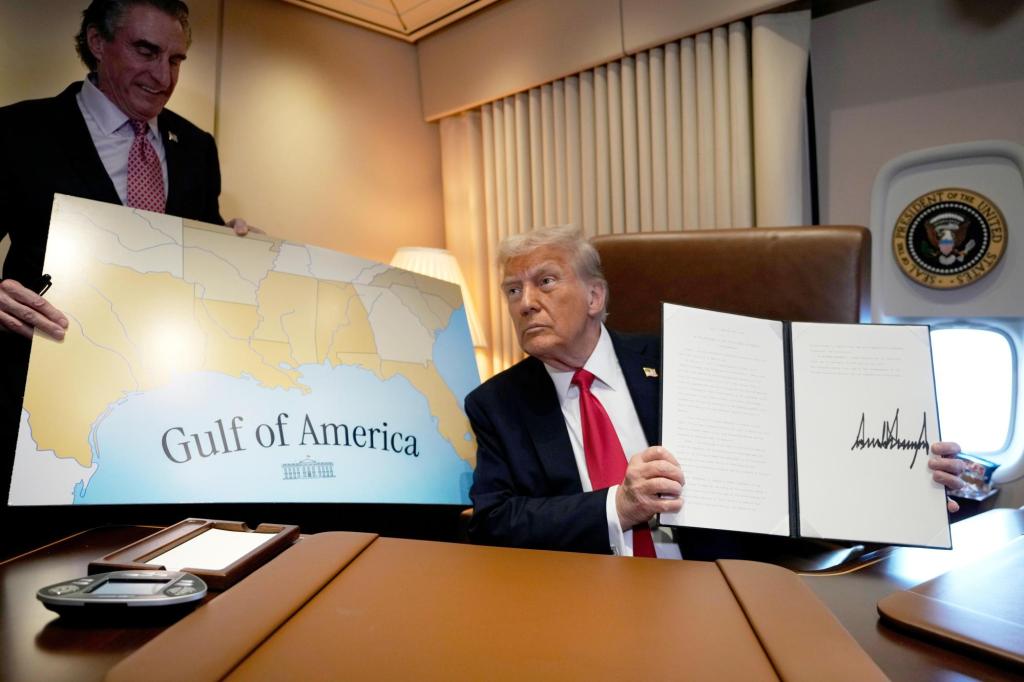History, it has been said, is written by the winners.
Why it matters
- The renaming of military installations linked to Confederate figures highlights ongoing tensions surrounding American history and its interpretation.
- This move reflects a broader societal shift towards re-evaluating symbols of the past in light of modern values.
- Such decisions could influence political dynamics and public sentiment as the nation approaches key elections.
In a bold move that has reignited debates about historical narratives in America, former President Donald Trump has initiated plans to rename several military bases that currently honor Confederate leaders. This decision comes amid a growing discourse about the appropriateness of commemorating figures associated with slavery and racial oppression, a topic that has gained significant traction in recent years.
The military installations targeted for renaming include prominent bases such as Fort Bragg in North Carolina, named after General Braxton Bragg, and Fort Hood in Texas, named after General John Bell Hood. These bases have long been symbols of pride for many in the armed forces, but their namesakes have become increasingly controversial as the nation grapples with its historical legacy.
Trump's push to rename the bases is seen by some as an attempt to honor a traditional interpretation of American history, where the valor of military leaders is celebrated regardless of their affiliations. Supporters of this initiative argue that renaming the bases undermines the sacrifices made by countless service members who trained and served under those banners. They contend that history should not be rewritten based on contemporary cultural shifts, emphasizing the importance of preserving the past, even if it is uncomfortable.
Critics, however, argue that honoring individuals who fought to uphold slavery is incompatible with the values of equality and justice that the military is meant to represent. They assert that renaming these bases is a necessary step toward fostering an inclusive environment within the armed services. By removing the names of Confederate leaders, they believe the military can more effectively embody the principles of unity and diversity that are essential to its mission.
This initiative is not without its challenges. One of the primary obstacles is the significant investment made by the Department of Defense in these installations, both in terms of infrastructure and community identity. Changing the names of these bases could involve substantial financial implications and logistical hurdles, including new signage, rebranding efforts, and updating official documents.
Moreover, the political landscape surrounding this issue is complex. As the country approaches important elections, the renaming debate could become a flashpoint in the broader discourse on race relations and historical memory. Trump's supporters may view the renaming as a betrayal of American heritage, while opponents may see it as a vital step toward reconciliation and progress. This divide illustrates the ongoing struggle within American society to reconcile its past with its present and future.
The renaming of military bases is not an isolated incident; it is part of a larger movement that has seen institutions across the country reevaluate their connections to historical figures who have been implicated in racism and oppression. Schools, streets, and monuments named after Confederate leaders have faced similar scrutiny, resulting in a wave of changes across various communities.
As the discussion surrounding Trump's renaming initiative unfolds, it is likely to provoke strong reactions from both sides of the political spectrum. The implications of this decision extend beyond military bases, prompting broader questions about who we choose to commemorate and why. This debate is emblematic of a nation still grappling with its complex history and the narratives that shape collective memory.
Ultimately, Trump's initiative to rename military bases reflects a significant cultural moment in America. As the country continues to evolve, the way it engages with its past will undoubtedly influence future generations. Whether this move will lead to a more unified understanding of American history or deepen existing divisions remains to be seen. However, one thing is clear: the conversation around history, identity, and memory is far from over.











